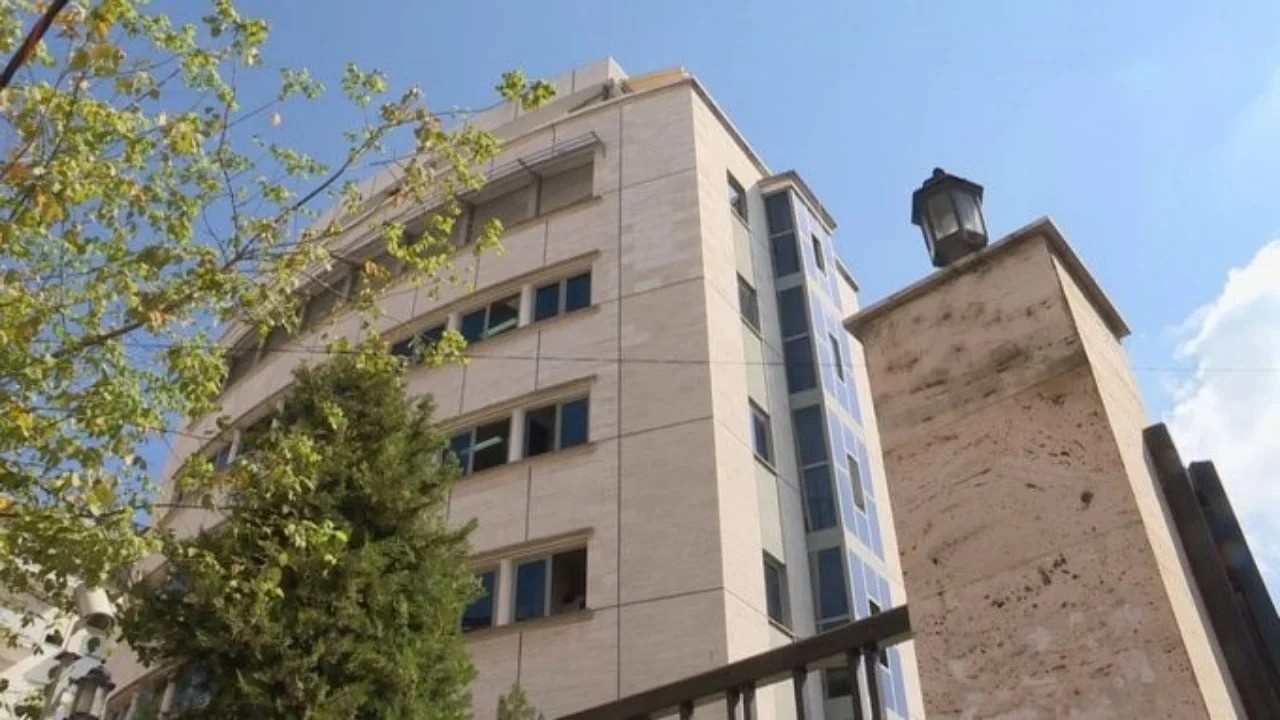Who and what loses from the failure of the Kosovo-Serbia dialogue?

21.07.2021 – 13:20
Before the start of the meeting between the leaders of Kosovo and Serbia on July 19 in Brussels, the head of European diplomacy, Josep Borrell said that the duration of this meeting will depend on the atmosphere that will prevail during the talks.
The atmosphere that followed the meeting became known during the statements of the leaders of Kosovo and Serbia. It was clear that the second meeting within a month, failed.
Kosovo Prime Minister Albin Kurti and Serbian President Aleksandar Vucic have accused each other of lacking the will for the dialogue process to move forward.
However, despite differing views on the future of the dialogue, both sides agree on one thing: that the dialogue should continue.
What is Serbia endangering?
Serbia, along with Montenegro, are the countries of the Western Balkans that have advanced the most in the negotiations for membership in the European Union.
However, unlike other countries that are in the process of membership talks, Serbia has a heavy burden “around the neck”, Chapter 35, which in the general negotiating framework of the EU is called “other issues”.
This is a space where member states can, but not necessarily, present one of the issues they consider important and which can also be discussed in the European Union membership talks. It is also possible for a chapter to be left blank and to be officially opened and closed.
In the case of Serbia, Chapter 35 is essential because the whole EU has included in it the normalization of relations with Kosovo.
This issue is considered a key issue in resolving the Western Balkans issue and normalizing the situation after the end of the wars during the 1990s.
Serbia for a year without new chapters
In previous years, for a positive report by the Office of the EU High Representative for Foreign Affairs and Security Policy on Serbia’s constructive approach to dialogue, the physical presence of the parties in the EU building was sufficient for the member states to open chapters.
Since the start of EU membership negotiations in 2012, Belgrade has opened 18 of the 35 chapters. Two chapters have been successfully closed. However, Serbia has not opened a new chapter for more than a year due to a lack of progress in the area of rule of law. However, the rule of law situation was almost identical to before and the EU allowed the accession process to continue due to the “positive atmosphere” that was said to reign in the dialogue.
The latest report on the rule of law in Serbia showed a gloomy picture of the situation in this area and negotiations stalled. Therefore, withdrawing from the dialogue with Kosovo is not an option for the Serbian side because in the absence of progress in Chapters 23 and 24, the only way out for Belgrade is to have a constructive approach to the process of normalizing relations with Kosovo.
Serbian President Vucic on Monday, July 19, reiterated the position that Serbia does not intend to give up this process, but warned that the strategy of the Kosovar side is to make it meaningless (dialogue) and give it end ”talks.
What does Kosovo risk?
Both in the dialogue and in the process of European integration, Kosovo has an unequal status with other Western Balkan countries. Not only is Serbia challenging Kosovo’s independence, but so are five EU member states (Greece, Romania, Slovakia, Cyprus and Spain). The two European mediators (Josep Borrell and Miroslav Lajajakk) participating in the dialogue come from countries that have not recognized Kosovo (Spain and Slovakia).
Despite the non-unique approach to Kosovo’s status, all EU member states consistently reiterate the view that Kosovo also has a European perspective (but not a prospect of full EU membership).
For this reason, Kosovo ranks last in the list of countries that want to join the EU.
In 2014, the EU “negotiated” a Stabilization and Association Agreement (SAA) with Kosovo, based on the legal opinion of European experts, according to which the EU can enter into trade relations with non-state entities, including the Chinese entity of Hong Kong or Macao.
Unlike other SAAs, which have all the countries of the region, in the preamble of the agreement with Kosovo, there are no formulations that provide for possible, full membership in the EU. In addition, the signatories of the SAA are all EU member states together with the state with which the agreement is signed, but in the case of Kosovo, the text was signed only by representatives of European institutions (European Commission and European Council).
With the completion of the SAA in 2014, Brussels has virtually nothing to offer Kosovo, in terms of integration, based on current status circumstances.
The issue of visa liberalization
Kosovo is the only country in the region that does not have visa liberalization and this privilege, citizens of all other Western Balkan countries enjoy since 2009, respectively 2010.
Since 2018, the European Commission has consistently said that Kosovo has met all the conditions for visa liberalization, however, the decision at the political level has so far been impossible due to internal issues in some member states.
Countries that are hesitant about the issue of liberalization are also countries that were among the first to recognize Kosovo’s independence, such as France and the Netherlands.
During the first meeting between the head of European diplomacy, Josep Borrell and the Prime Minister of Kosovo, Albin Kurti, a meeting held in late April, the senior European official warned that dialogue has no alternative and that reaching a comprehensive agreement, legally binding on The normalization of relations with Serbia is essential for progress towards a European perspective.
“Without an agreement, this road is blocked,” Borrell warned.
However, in the current circumstances, where Kosovo does not have a prospect for membership, but only a “European perspective”, Brussels lacks the power to force the authorities in Pristina to be constructive in dialogue, for the sake of European integration.
Visa liberalization, as the only carrot, could become a new kind of blackmail, to force the Government of Kosovo to approach the process of normalization of relations with Serbia differently.
What has changed with Vuiqiiq and Kurti?
During the ten years of talks, there has been a tendency to blame, but no charges have been more serious than those made on July 19th.
Kurti said that Vuiqiiq had “lied”, while the Serbian president said that Kurti was “irrational”.
However, no one in public appearances talks about leaving the process. If such a thing were to happen, it would be to abandon the European integration process.
Dialogue between Kosovo and Serbia in EU foreign policy is one of the most important projects. The whole region is surrounded by EU member states and a possible destabilization in the region would be reflected in the territories of the member states of the European bloc.
Although the region is said to be part of the European bloc in the future, there are still criteria for admitting new members to the EU.
Therefore, in 2018, during the drafting of the enlargement strategy, it was clearly stated that all countries that want to join the EU, must first resolve all open issues they have with their neighbors.
“EU enlargement policy must continue to bring stability. Therefore, the EU can not and will not import bilateral disputes “, it is said in the EU enlargement strategy./REL











